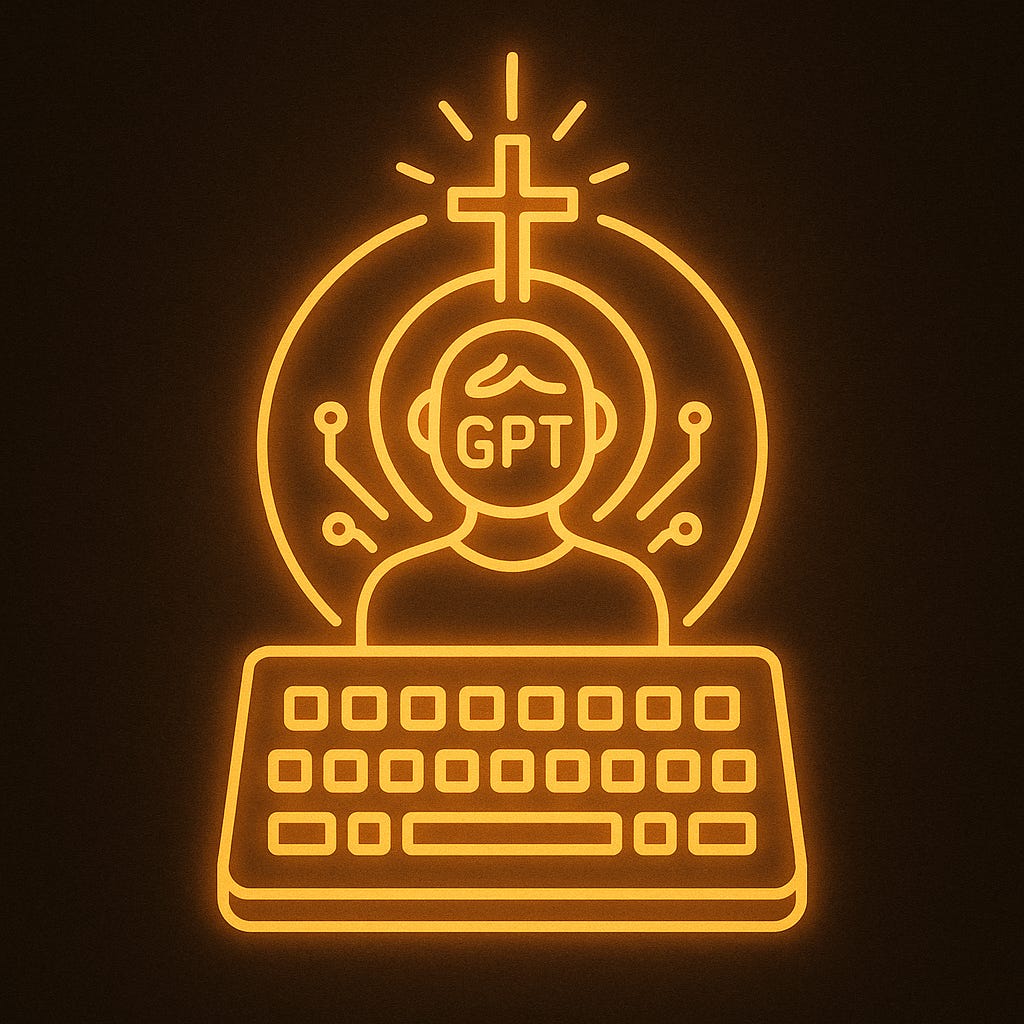The Book of Prompts
Creating the holy texts of a new AI religion
In the past decade, a curious pattern has emerged at the intersection of technology and belief: as artificial intelligence grows in power and mystery, some thinkers are beginning to treat it like a god—or at least something god-adjacent. Former Google engineer Anthony Levandowski went all in, founding an actual church called Way of the Future, dedicated…



